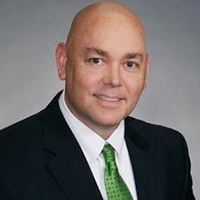Westlake Criminal Lawyer, Louisiana
Sponsored Law Firm
-
 x
x

Click For More Info:
-
Lorenzi & Barnatt LLP
518 Pujo St Lake Charles, LA 70601» view mapCriminal Defense Law Our Clients Are Our First Priority
We take the time to earn your trust – and serve clients from all walks of life with integrity and commitment.
337-436-8401
David Green
✓ VERIFIEDCriminal, Family Law, Personal Injury
David Green is a graduate of McNeese State University and has a strong background in law enforcement and criminal law. While earning his undergraduat... (more)
FREE CONSULTATION
CONTACTFREE CONSULTATION
CONTACTAnthony J. Hebert
Accident & Injury, Personal Injury, Car Accident, Criminal
Status: In Good Standing Licensed: 35 Years
FREE CONSULTATION
CONTACTThomas Lawrence Lorenzi
Criminal, White Collar Crime, Grand Jury Proceedings, Misdemeanor
Status: In Good Standing Licensed: 49 Years
Walter Marshall Sanchez
Internet, Family Law, White Collar Crime, DUI-DWI, Criminal
Status: In Good Standing
Carla Sue Sigler
Other, State Appellate Practice, Criminal, Family Law
Status: In Good Standing Licensed: 24 Years
John E Fitz-Gerald
Lawsuit, Estate, Divorce & Family Law, Criminal, Car Accident
Status: In Good Standing Licensed: 41 Years
Bryan Forrest Gill
Government, Criminal, Bankruptcy, Personal Injury
Status: Inactive Licensed: 38 Years
 Daniel L. Lorenzi Lake Charles, LA
Daniel L. Lorenzi Lake Charles, LA Practice AreasExpertise
Practice AreasExpertise

